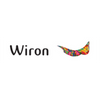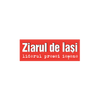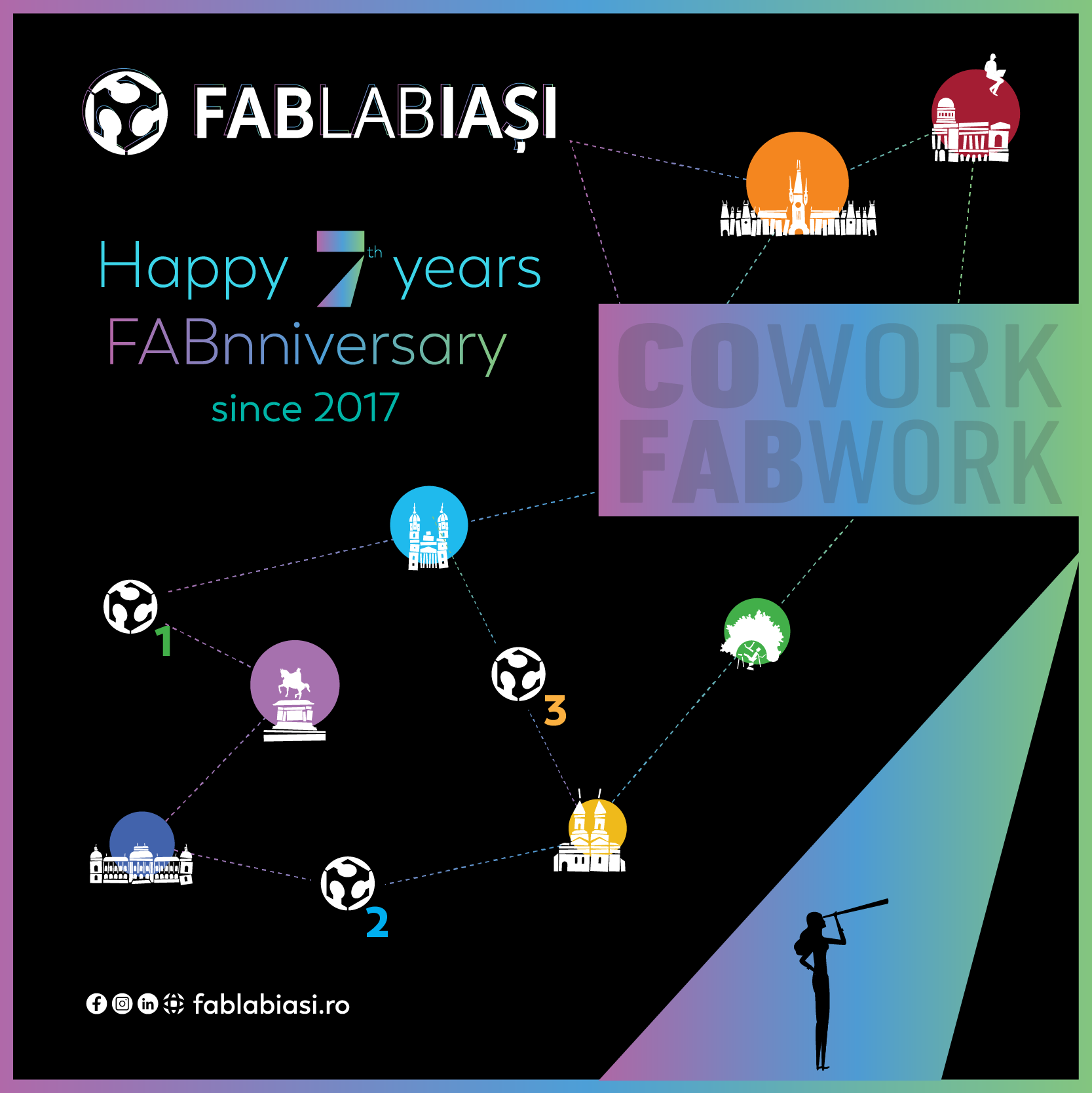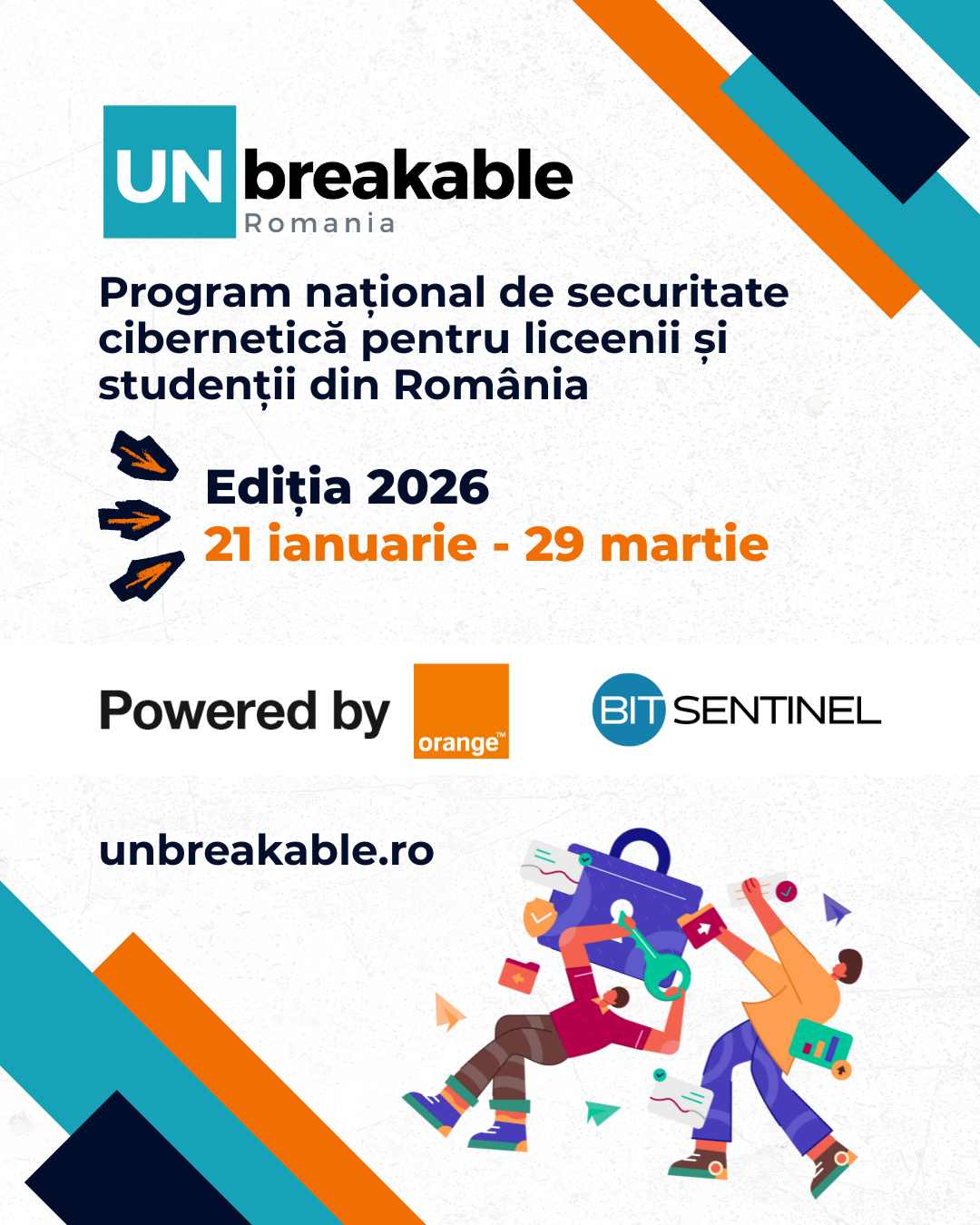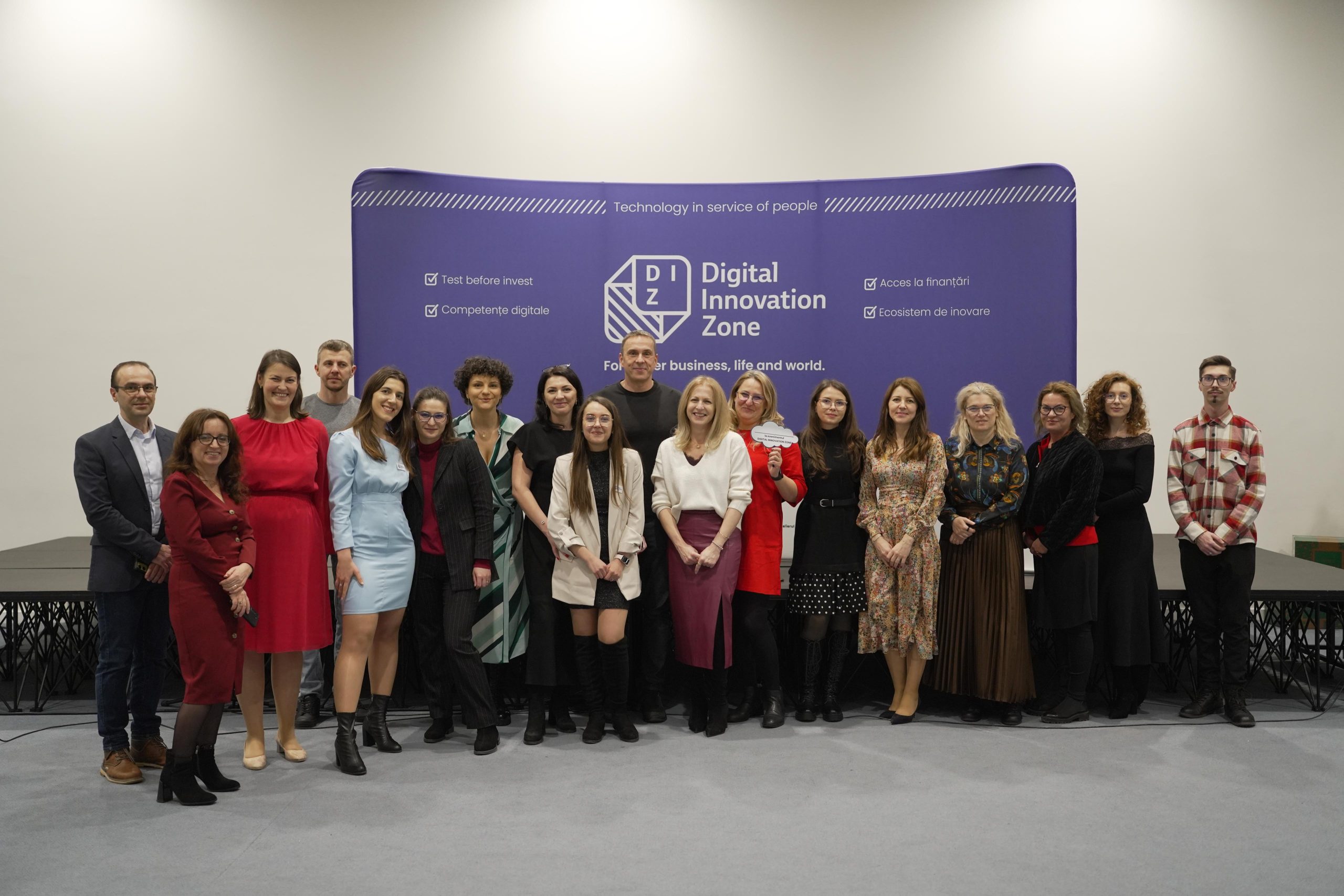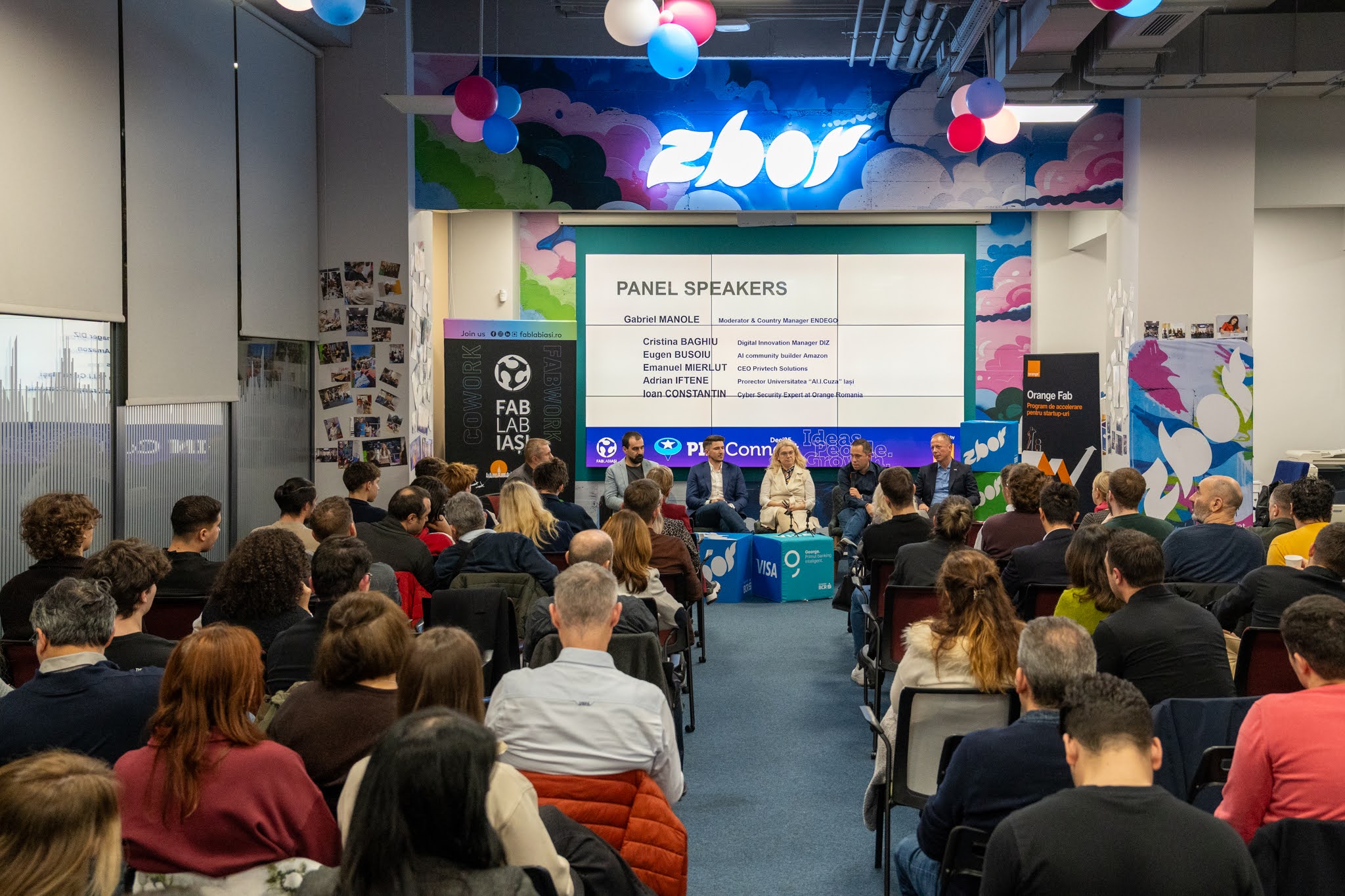At the beginning of the year, no one would have guessed that the theorists of the VUCA model would receive such a prompt and unexpected validation. March 2020 had a double meaning for everyone: for the social realm it meant the beginning of COVID-19 pandemic and the establishment of quarantine, and for the individual, the beginning of several behavioral changes and work routines. In other words, we have entered the „new normal”.
What VUCA stands for
VUCA stands for Volatility, Uncertainty, Complexity and Ambiguity, and from March until now, every organization has had to find a way to reinvent itself on the fly to reduce the impact of the unexpected event on business. The biggest challenge for the management of any organization was the informational asymmetry management (not much was known about the virus or how long it will last until the situation stabilizes) and rethinking the main business indicators (moving from the best case scenario to worst case scenario).
The look and feel of the ‘new normal’
March 16, 2020 stays as the reference date for entering the ‘new normal”: the beginning of lockdown and digital work or work from home. Basically, the new reality legislation forced all IT organizations to switch their activity online, partially, or totally, which had a significant impact on their internal culture. Everything that was familiar to me until that point was put on hold and change management suddenly became the new ‘business as usual’.
Task Force helped us bring everyone together
At Gemini Solutions we decided to create a Task Force to take the responsibility of a contingency plan to lead the organization safely through 2020. The leadership team focused their efforts on building a dashboard to monitor both the business (clients / partners that generate recurring revenues) and the human resources area (keeping project teams at a high level of engagement) daily. At the same time we made the decision to add even more transparency to our internal communications – all employees were informed by that Task Force on any major business decisions impacting all types of involved stakeholders (team leaders, collaborators and employees).
How we adapted to the new normal
For my colleagues and I in the HR team, the lockdown meant a quick pivotal working process to adapt to the online practices. The major challenge we dealt with was a shifting mindset. We all know that any major change generates a strong emotional impact that can be quantified according to the Holmes & Rahe Stress Scale. Or if we add up the number of ‘life change unit’ that were applied simultaneously to all events in the lives of our colleagues, we can gain a full picture of the challenges of the „new reality”.
Open communication as a key factor for a healthy culture
And yet we managed in a short time to ensure all the resources our colleagues needed to work and perform at the same level of quality. First, we made sure that the mindset of our organization was the right one. As the stress associated with the new reality could not be neglected, we looked at improving our communication process within all the operational and leadership layers. Basically, we continued to develop that culture of feedback initiated in 2019 and we tried to improve the communication process in times of crisis.
We all agreed we are in this together
The successful implementation of the new mindset was influenced by the collaborative attitude already embedded into our culture. We were lucky that at Gemini Solutions ingredients like seniority, autonomy, flexibility, assertiveness, and open communication were already a part of the organizational mix and the onset of the pandemic did not surprise us at all. On the contrary, the quick realization that in order to adapt to the new reality everyone had to tap in all their psychological and cultural available resources, it helped us benefit of the projects’ stability and the work-life balance.
From the office kitchen to online coffee breaks
Secondly, the transition to working online has pushed us to continue the digitization process. If before the pandemic we were gathering in the office kitchen, for coffee breaks and informal discussions, after March 16 we had to adapt to the new standard: VPN setup, Zoom calls and moving discussions exclusively online. Challenging process because, in the first phase, we all felt the proximity lack of colleagues and face-to-face conversations. But we all understand that this fundamental need to be / remain connected to each other can be met to some extent via technology.
All-hands…. yes, all of us in one meeting weekly
This way I discovered within the weekly ‘All-hands’ (meeting with the whole company) that we have colleagues passionate about photographic art, stock market investments, cooking or running marathons. In order to reduce the stress generated by the risk of COVID, we had as special guests doctors and health specialists who explained to us step by step what are the best ways to protect our health and our loved ones. Because the lockdown greatly limited our freedom of movement, we also focused on the area of nutrition and healthy eating – especially how to cook without gaining weight. ‘All-hands’ day became the day when the feeling of connection and communication with colleagues became the new reality that fulfilled our need to know each other well and safely.
Not leading ‘the’ but leading ‘with’. A lesson about humility
Third, we had the joy of discovering that the ‘humble leader’ model has naturally strengthened within our organization. In the view of publications as Harvard Business Review (Dan Cable, Professor of Organizational Behavior at London Business School), valuable leaders stand out with a surprising competence for the digital age: ‘humility’.
Humble leaders know how to inspire more energy to their people, motivate them, make them feel valued, to give them meaning in everything they do.
The servant leader typology is represented by those who really believe that their goal is to provide employees with a safe environment in which they can explore and develop personally, with the support of the leader.
These servant leaders have the courage, humility, and emotional balance to recognize that they can make mistakes, that they can learn from those they lead and who have less power than they do.
Humble leaders know how to put themselves above their own pride and see the positive uniqueness of each person they work with. They know how to create a mindset and culture of growth the company, in which to identify and encourage the human capital “sparkle”.
From trust to more projects and new talent onboard
But the biggest professional challenge was maintaining a balance between the size of the project teams and strengthening the partnership with our clients. We were not surprised to see that our external partners’ level of trust went that far that they brought us more projects to the table. This added constantly more pressure on our colleagues in talent acquisition. If in other similar organizations the projects were put on hold or restricted, at Gemini Solutions we received confirmation that the seniority level of our engineers is valuable and highly recognized. In fact, the merits are for the management team that has remained proactive throughout this period to ensure the continuity of existing projects and to offer potential customers the technical leadership needed and valuable support.
40 new engineers in six months
Indeed, the biggest paradox of the pandemic was to increase our teams and attract new talent for projects signed within the recent months. It was and still is a trial race to find new colleagues with proven skills in React Native, Python, iOS, Android, .Net Full-stack, Big Data & Data Science.
Nevertheless, it was a real challenge to shift our entire recruitment process exclusively online, to run three or four technical and HR interviews with each candidate.
As a result, we have grown our project teams with over 40 new colleagues in the last 6 months, who have been successfully integrated into their teams.
If the pandemic was an exam…
If we compare this crisis with a humankind exam, then we can say that the main subjects we successfully passed are: (self)management, emotional control, mental flexibility, (self)motivation and autonomy, and as business exams, we passed: P&L, the continuity plan, the consolidation of the organizational culture, the digitization and the learning & development process. The new reality will be for those who have understood, accepted, and integrated the change in their personal and professional life. At Gemini Solutions we continue this challenging journey next to our colleagues and partners.
Daniel Dragos Panainte
UNbreakable România 2026 este primul program din România care susține tinerii să valorifice inteligența artificială (AI) pentru gestionarea amenințărilor de securitate cibernetică emergente
București, 21 ianuarie 2026 – UNbreakable România, cel mai mare program național de educație în securitate cibernetică pentru liceeni și studenți, deschide oficial înscrierile pentru







